Cette activité implique que les étudiants corrigent des QCM réalisés par d’autres étudiants. Cela permet non seulement d’évaluer les connaissances des étudiants, mais aussi de développer leur capacité d’analyse critique et leur compréhension approfondie des sujets abordés.
💡 Sélectionnez le modèle dans ChallengeMe pour lancer cette activité en un clic !
L’objectif principal est de renforcer l’apprentissage des étudiants en les engageant activement dans le processus d’évaluation, tout en développant leurs compétences en analyse critique et en révision de contenu.
Renforcement de l’apprentissage – La correction des QCM des pairs approfondit la compréhension du sujet par les étudiants.
Développement de l’esprit critique – Les étudiants apprennent à analyser et à évaluer la qualité des questions et des réponses.
Amélioration des compétences en rédaction de QCM – Les étudiants comprennent mieux comment formuler des questions efficaces.
Engagement actif – Cette approche encourage une participation plus active dans le processus d’apprentissage.
Feedback diversifié – Les étudiants reçoivent des retours de leurs pairs, offrant des perspectives variées.
Préparation aux examens – L’exposition à divers QCM aide les étudiants à mieux se préparer pour leurs propres évaluations.
💡 Sélectionnez la collection de critères associé à ce cas d’usage dans la plateforme
Les étudiants déposent leurs travaux sur la plateforme en suivant les consignes définies par l’enseignant.
Les étudiants ou enseignants évaluent les travaux en utilisant les critères d’évaluation définis par l’enseignant.
Ils peuvent également donner leurs feedbacks.
Les étudiants découvrent les évaluations et feedbacks reçus en fonction des options d’affichages définies.
Choisissez la méthode d’évaluation qui vous convient le plus.
Vous pouvez utiliser une activité « simple » ou ajouter des phases de dépôts ou d’évaluation supplémentaires.
Pourquoi ne pas utiliser notre assistant IA pour guider les étudiants dans leur feedback. L’assistant peut leur donner des éléments pour améliorer leur feedback et le rendre plus constructif.
⬜ Fournir des directives claires – Donnez des instructions précises sur la création et l’évaluation des QCM.
⬜ Former à la création de QCM – Enseignez aux étudiants les principes de base pour créer des questions efficaces et pertinentes.
⬜ Encourager la justification – Demandez aux étudiants de justifier leurs corrections pour approfondir leur réflexion.
⬜ Utiliser un système de révision croisée – Faites en sorte que chaque QCM soit évalué par plusieurs étudiants pour une meilleure fiabilité.
⬜ Intégrer l’auto-évaluation – Permettez aux créateurs des QCM de s’auto-évaluer avant la correction par les pairs.
⬜ Organiser des discussions de groupe – Prévoyez des moments pour discuter des questions difficiles ou controversées.
⬜ Suivre la progression – Utilisez les résultats pour identifier les domaines où les étudiants excellent ou ont des difficultés.
⬜ Valoriser la créativité – Encouragez les étudiants à créer des questions stimulantes et originales.
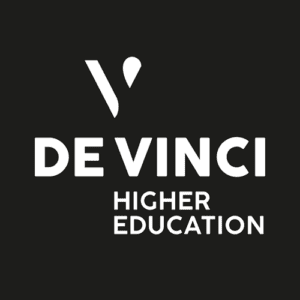
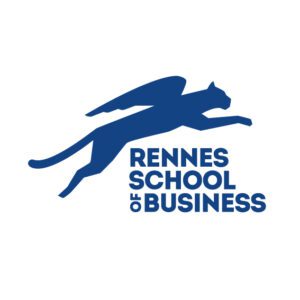
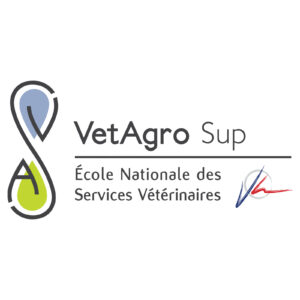

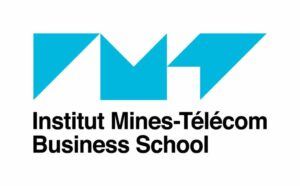

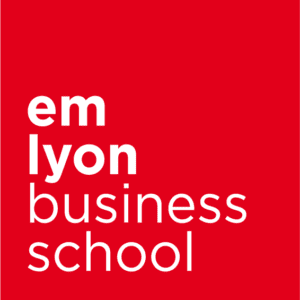


ChallengeMe propose des critères d’évaluation clairs et précis que vous pouvez personnaliser. En outre, l’anonymat des évaluations et la possibilité d’avoir plusieurs évaluateurs par travail aident à garantir l’équité.
Nous recommandons également de préparer les étudiants, de leur expliquer les objectifs, voir de coconstruire avec eux la grille critériée en prenant exemples sur d’anciens travaux.
Absolument, le travail de groupe est possible, aussi bien en phase de réponses (dépôt d’un fichier en groupe par exemple) que en phase d’évaluation (les étudiants doivent se mettre d’accord sur le feedback et les évaluations)
Nous avons plusieurs contenus disponibles. Dans la plateforme, les étudiants sont accompagnés sur l’activité avec des conseils pour donner des feedback pertinents. Nous mettons aussi à disposition des enseignants des documents qu’ils peuvent utiliser pour présenter l’activité aux étudiants.
Vous choisissez ! Vous pouvez mettre en place du formatif uniquement (pas de notes, uniquement des feedback) ou bien construire une note avec de la pondération sur les critères, des bonus/malus selon certains événements (retard par exemple) ou encore pondérer la note de l’évaluation par les pairs avec celle de l’enseignant.
Nous travaillons avec + de 90 écoles en France, Suisse, Belgique et au Québec. Vous trouverez sur notre site plusieurs retours d’expériences d’autres écoles sur nos activités.





Nous vous proposons d’essayer gratuitement ChallengeMe. N’hésitez pas à nous contacter directement pour toutes vos questions, notre équipe sera ravie de vous aider !